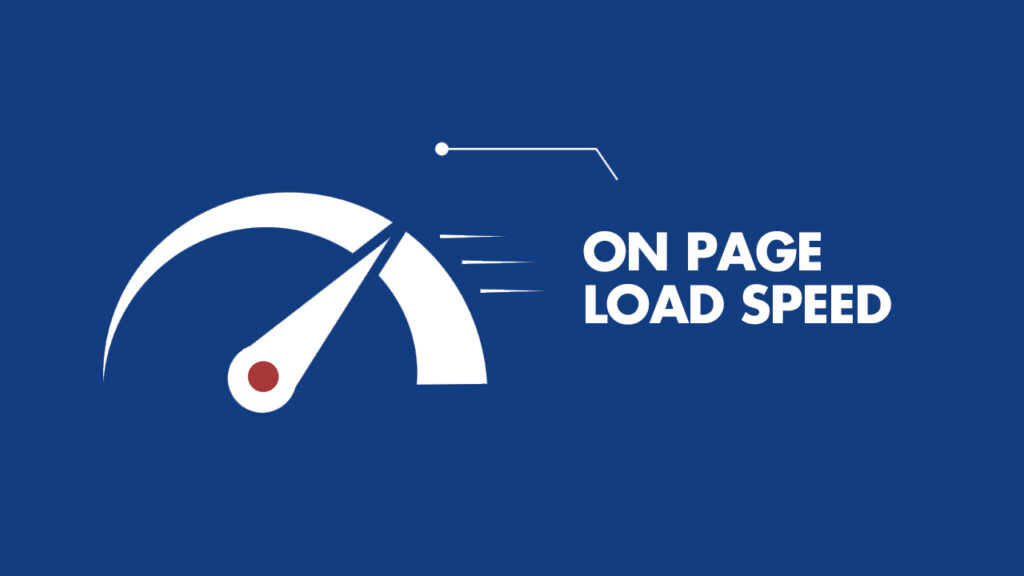Managing your finances effectively can be a daunting task, especially if you’re paid on a bi-weekly basis. Without a clear plan for budgeting, it’s easy to find yourself struggling to make ends meet, even if you’re earning a steady income. The key to managing your finances on a bi-weekly paycheck schedule is having a bi-weekly paycheck budget planner. This powerful tool can help you organize your expenses, save money, and plan for the future.

In this guide, we’ll walk you through the importance of budgeting on a bi-weekly paycheck, the steps to create an effective bi-weekly paycheck budget planner and the best strategies for sticking to it.
Why You Need a Bi-Weekly Paycheck Budget Planner
A bi-weekly paycheck budget planner can be a game-changer when it comes to managing your finances. Here’s why it’s so important:
1. Clear Understanding of Cash Flow
With a bi-weekly paycheck, you receive income every two weeks. This might differ from those who are paid weekly or monthly. By using a planner, you can align your spending and savings with this regular cash flow, which helps you maintain financial stability.
2. Helps Manage Expenses Efficiently
A well-structured budget helps you prioritize your expenses. Whether it’s rent, groceries, utilities, or entertainment, you can categorize your spending and ensure that your essentials are covered first.
3. Avoids Financial Surprises
A bi-weekly paycheck budget planner helps you anticipate upcoming expenses and avoid surprise bills. Planning means you won’t be caught off guard by a large utility bill or unexpected car repair.
4. Fosters Savings and Financial Goals
With a budget in place, you can allocate a portion of each paycheck to savings. Whether you’re saving for a vacation, an emergency fund, or retirement, a bi-weekly paycheck budget planner can help you stay on track.
Steps to Create a Bi-Weekly Paycheck Budget Planner
Creating a bi-weekly paycheck budget planner doesn’t have to be complicated. Follow these steps to get started and ensure you’re managing your finances effectively:
Step 1: List Your Sources of Income
Start by listing all sources of income you receive on a bi-weekly basis. This includes your regular paycheck, side income, freelance work, or any other streams of revenue. Having a clear picture of your total income is essential to building your budget.
Step 2: Identify Your Fixed Expenses
Next, list all of your fixed expenses—these are costs that remain the same each pay period. Common fixed expenses include:
- Rent or mortgage payments
- Car payments
- Utilities (electric, water, internet)
- Insurance (health, auto, life)
- Subscriptions (streaming services, memberships)
By identifying these fixed costs, you’ll be able to ensure they’re accounted for in your bi-weekly paycheck budget planner.
Step 3: Account for Variable Expenses
Unlike fixed expenses, variable expenses can fluctuate from paycheck to paycheck. These include:
- Groceries
- Gas and transportation
- Entertainment and dining out
- Personal care (haircuts, toiletries)
- Medical expenses (prescriptions, doctor visits)
Track your spending in these categories over time to get an idea of how much you typically spend on these items. Use this information to make adjustments to your budget as needed.
Step 4: Allocate for Savings
A great budget includes a section dedicated to savings. Set aside a portion of each paycheck to put into your savings account. Even if it’s a small amount, consistently saving a part of your income will add up over time.
- Emergency Fund: Aim to build a fund that can cover 3–6 months of living expenses.
- Retirement Savings: Contribute to your retirement fund, such as an IRA or 401(k).
- Goals: Whether you’re saving for a vacation, home improvements, or a new car, set specific savings goals and track your progress.
Step 5: Track Your Progress
It’s important to track your spending and savings as you go along. Monitor your spending against your budget to ensure you’re not overspending in any area. Regularly review your budget to see if adjustments need to be made, especially if your income or expenses change.
Best Bi-Weekly Paycheck Budget Planner Tools
Several tools and apps can help you manage your bi-weekly paycheck budget effectively. Here are some of the best options:
1. Mint
Mint is a popular, free budgeting tool that helps you track your income, expenses, and savings. It automatically categorizes your spending, provides detailed insights, and helps you stay on top of your bi-weekly budget.
2. YNAB (You Need a Budget)
YNAB is an excellent option for those who want to give every dollar a job. YNAB helps you plan for both short-term and long-term financial goals. It’s ideal for people looking to prioritize budgeting and saving.
3. EveryDollar
EveryDollar, created by financial expert Dave Ramsey, is a simple app for creating zero-based budgets. It’s an excellent choice for anyone who wants to control every dollar they spend and save with a bi-weekly paycheck.
4. GoodBudget
GoodBudget is a virtual envelope budgeting system, ideal for people who want to manage cash flow without using physical envelopes. It helps track your bi-weekly paycheck and allocate funds for different spending categories.
5. Personal Capital
Personal Capital is a great tool for people who want to track both their budgets and investments. It gives you an overview of your net worth, helping you make smarter decisions about saving and investing.
Common Budgeting Mistakes to Avoid
While creating your bi-weekly paycheck budget planner, it’s important to avoid common budgeting mistakes that could derail your financial goals:
1. Underestimating Expenses
People often underestimate how much they spend on groceries, entertainment, or miscellaneous items. Make sure your budget reflects the true cost of living.
2. Not Saving Enough
Many people neglect saving for emergencies or retirement. Always prioritize savings, even if it’s just a small percentage of your income.
3. Ignoring Debt Repayment
If you have debts, it’s important to allocate money to pay them off. Not making debt repayment a priority can lead to higher interest payments and financial stress.
4. Overestimating Income
It’s easy to overestimate how much you’ll have to spend, but it’s crucial to be realistic. Avoid planning for income that is inconsistent or unreliable.
Tips for Sticking to Your Bi-Weekly Paycheck Budget
Creating a bi-weekly paycheck budget is only part of the equation. To ensure success, you need to stick to it. Here are some tips for staying on track:
1. Automate Your Savings
Set up automatic transfers to your savings account to ensure you’re consistently saving each pay period.
2. Track Every Expense
Use an app or spreadsheet to track all your expenses. The more detailed your tracking, the easier it is to see where you can cut back.
3. Review Your Budget Regularly
Life changes, and so should your budget. Review your budget every couple of months to ensure it still fits your current financial situation.
4. Build an Emergency Fund
Having an emergency fund ensures you can cover unexpected expenses without disrupting your budget.
Conclusion
A bi-weekly paycheck budget planner is an essential tool for anyone looking to manage their finances more effectively. By breaking down your income and expenses into manageable segments, you can take control of your money, save for the future, and avoid financial stress. Whether you use an app or a traditional spreadsheet, the key to success is consistency. Stick to your budget, review it regularly, and make adjustments as needed. With the right tools and discipline, you can create a solid financial foundation that will support your goals and help you achieve long-term financial success.

